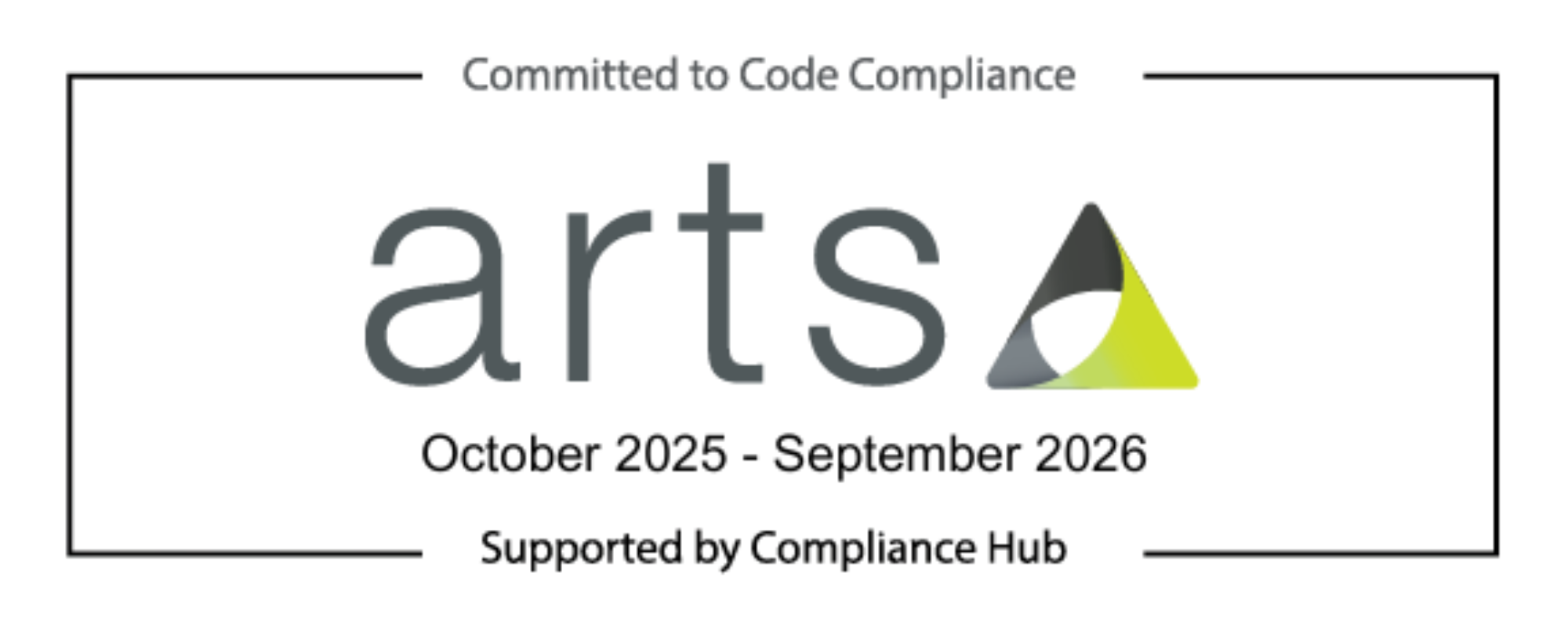How to address resource and capacity issues in delivering medicines optimisation
)
Medicines optimisation plays a vital role in improving health outcomes and ensuring the most efficient use of NHS resources. However, many pharmacists and medicines optimisation personnel were redeployed to the front line to help manage the pandemic in covid wards or as part of the wider vaccination programme. Consequently, resources such as time and manpower have been squeezed, and efficiency programmes put on hold.
The pandemic has impacted every system within healthcare: dealing with backlogs, implementing new digital pathways to streamline processes and improve outcomes, or absorbing the additional costs associated with COVID-19. According to a recent Kings Fund study, the COVID-19 pandemic has increased the total NHS budget for 2020/21 by more than £50 billion than in 2019/20.
Medicines Optimisation teams throughout the UK are faced with the same challenge to save money and time within their CCGs and Health Boards whilst also juggling with the transition into ICSs and the impact of COVID-19 on services.
So, what are the key challenges and solutions?
Big data
If the pandemic has taught us anything, it’s that we need to start thinking differently and embrace change. We only have to look at how GP appointments and virtual wards have helped manage the increase in demand from patients without negatively impacting care.
There is a vast amount of data available to commissioners and medicines optimisation teams, but identifying what problem to tackle first can take time and require resources. There is an opportunity to outsource data analytics using experts who drill down through the data to a local level and find cost-efficient solutions that will make a difference. Chris Barker, CEO at Spirit Health, believes providers can help break down barriers that big data presents in the real world by turning NHS prescribing data into an actionable resource to improve planning and implementation.
"At Spirit, we understand the need to work collaboratively with our NHS partners to provide solutions based on real-time data aligned to local workflows and NHS initiatives. We offer the tools to target therapy areas and provide proposals to implement change programmes and support pathway redesign if needed. We start the process with a complimentary prescribing savings audit to map out what and how to deliver change. The audit enables our teams to identify quick wins and more extensive programmes that can be delivered at scale. We aim for long term collaboration, with the priority being patient health."
Capacity
Medicines Optimisation teams and PCN Pharmacists recognise the underlying problem of capacity in the system to deliver a formulary rationalisation programmes or DES initiatives that could help save the NHS money. So even when the solutions are found and communicated, it can be hard to find the resources to deliver them.
One solution is to engage an end-to-end Active Implementation service to minimise the impact on staff. Many NHS organisations have adopted Spirit’s Active Implementation support to expand the capacity of NHS teams and drive through changes once a decision has been made. The approach is fully transparent and agreed upon at GP practice level to ensure all governance and compliance guidelines are followed. This bespoke service is delivered by a team of in-house Pharmacists, Nurses and Technicians. It includes full patient audits and remote or face-to-face training to both patients and staff if required. The key to success is that it is tried, tested, and simple!
"Spirit have the ability to make the complex simple. They take the time to understand requirements, create simple solutions and then they implement that simple solution well.” Head of Medicines Management at a London CCG"
An Active Implementation service could be helpful when considering the recent news that the NHS is now dramatically scaling up the use of direct oral anticoagulants (DOACs), set to benefit as many as 610,000 patients over the next 3 years[2]. The drugs prevent strokes by treating and preventing blood clots in patients with atrial fibrillation (AF), a condition that causes an irregular and often abnormally fast heart rate. The agreement follows the NICE recommendation that DOACs are more effective for the prevention of AF-related stroke than other anticoagulants[3].
An Active Implementation team can assist in reviewing patients with atrial fibrillation (AF) and optimise their DOAC therapy. This will both increase internal capacity and quickly highlight prescribing savings whilst finding the best treatment for patients.
"Our Active Implementation programmes are cleverly designed to do all the hard work for you, releasing workforce, time and capacity whilst delivering medicines optimisation solutions.” Duncan Richardson, Implement Managing Director, Spirit Health"
Cost to deliver
The final stumbling block to change is often the lack of financial resources to implement a decision. It is important to find the solution that fits best. Try to establish long term partnerships with suppliers to build trust and agree the most appropriate funding model to help smooth the process.
Flexible ways to pay for active Implementation:
- Based on a simple and transparent day rate
- A gain/risk share plan
- Bespoke payment method agreed by both parties
- Possible complimentary services where appropriate
Conclusion
Recognising resource and capacity issues in delivering medicines optimisation means you are one step closer to finding a solution. So, if you need support with data analytics, capacity or cost to deliver improvements, consider outsourcing solutions and implementations.
Contact information
Email meds-op@spirit-health.com
www.spirit-health.com
HEA4088FEB22
References:
2 https://www.england.nhs.uk/2021/11/thousands-spared-strokes-thanks-to-new-nhs-drug-agreements/
3 https://www.nice.org.uk/advice/ktt16/resources/anticoagulants-including-directacting-oral-anticoagulants-doacs-pdf 58757956094149#:~:text=The%20NICE%20guideline%20on%20chronic,specified%20risk%20factors%20for%20stroke.


 London
London


